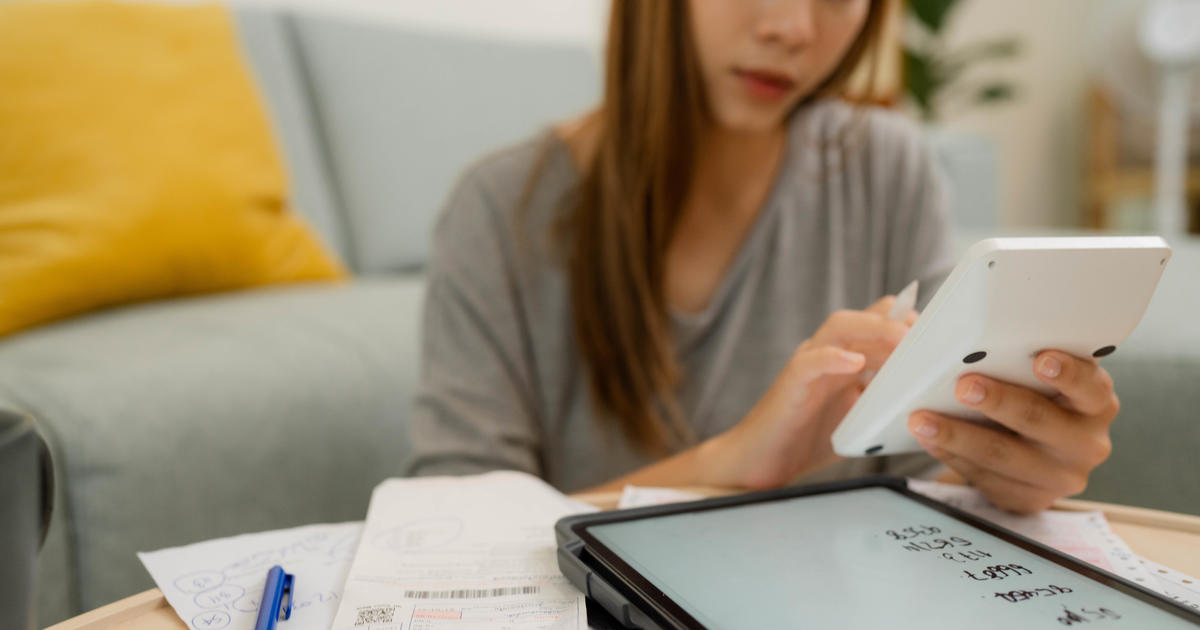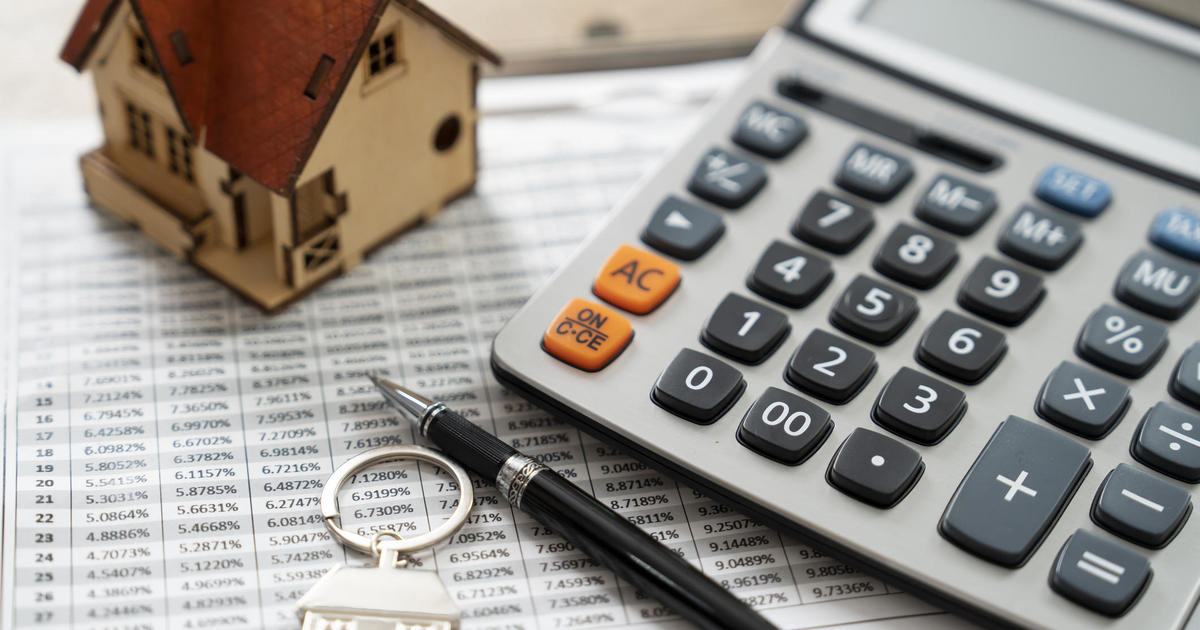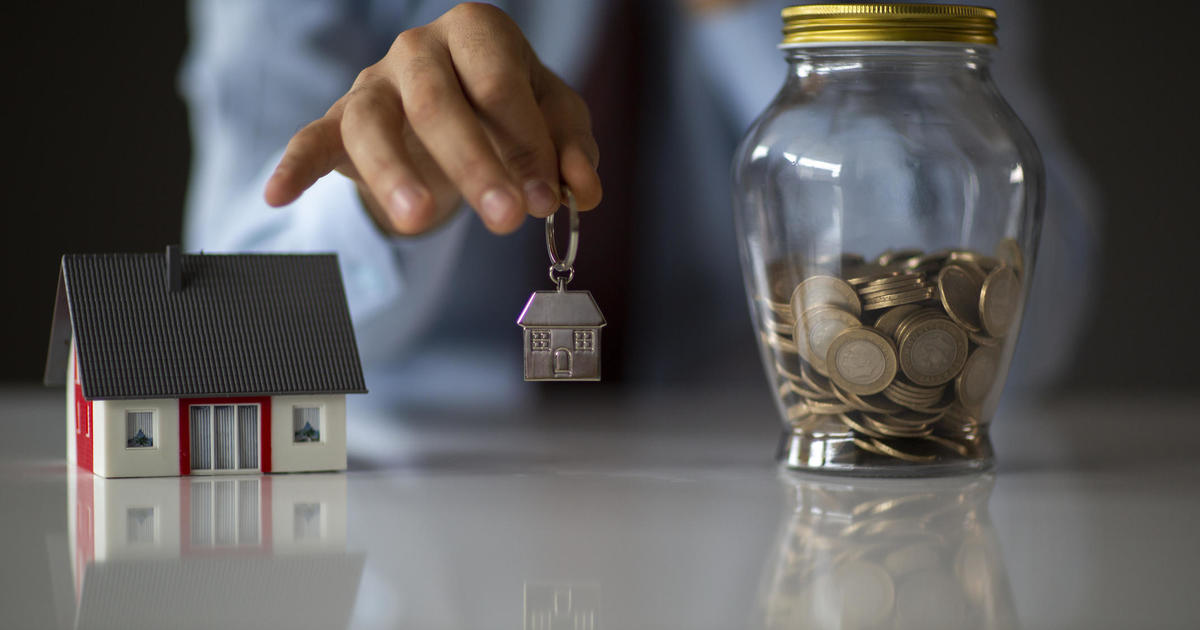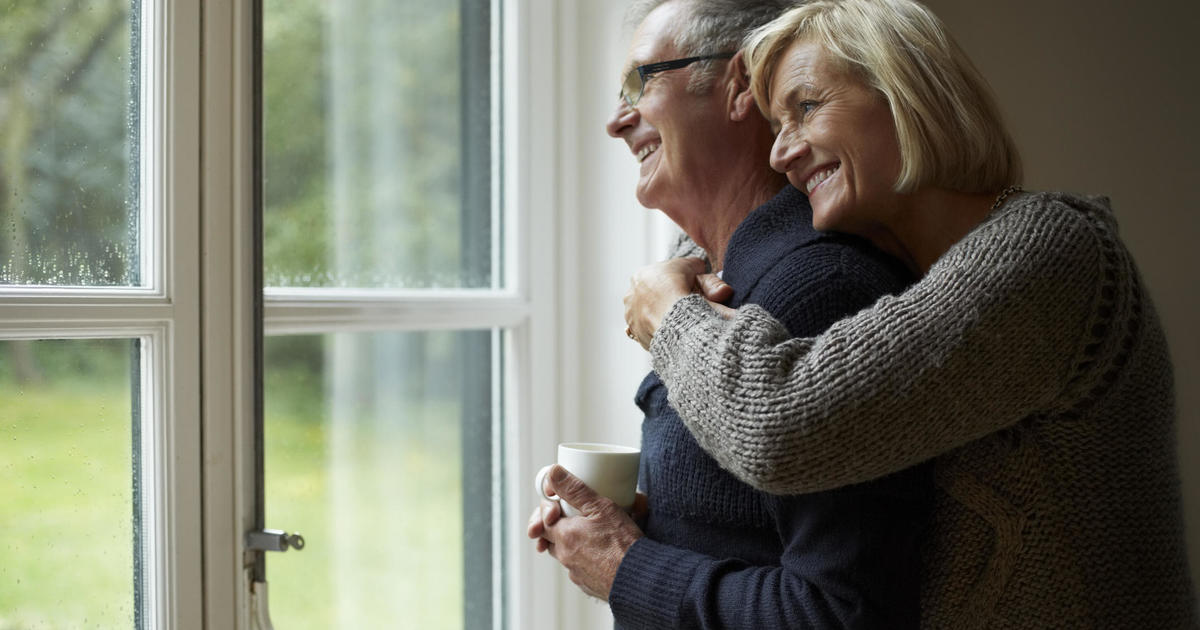Shortage of home COVID-19 tests hurts fight against pandemic, experts say
The U.S. has a surplus of coronavirus vaccines. What it lacks, unlike countries in Asia and Europe, is an adequate supply of rapid COVID-19 tests that Americans can administer in the comfort of their own home.
Try to get your hands on a pack of over-the-counter COVID-19 tests at your local pharmacy and you'll likely find empty shelves. If any are in stock, they will cost roughly $24 a pair — a hefty price for many Americans. That helps explain why it is the norm for consumers to check their health status only when traveling or attending a special event, rather than using a rapid antigen test regularly, which experts say is a more effective way to contain the disease.
To alleviate the problem, the Biden administration this month announced it would invest $1 billion to expand the supply of at-home COVID-19 tests. President Joe Biden in September invoked the Defense Production Act to increase the production of rapid testing kits and help major retailers make them more accessible. He also pledged $2 billion to make roughly 280 million tests, although that amounts to less than one test a year per U.S. resident.
"The core issue Biden is focused on is providing cheaper tests with broader access," said Mara Aspinall, co-founder of the biomedical diagnostics program at Arizona State University's College of Health Solutions and a board member at Orasure, which makes an over-the-counter COVID-19 test.
There's still much to be done. Retailers such as Kroger, Target and Walmart sell tests at a sale price of around $15 for two. On Walmart's website, a two-pack of Orasure's InteliSwab rapid antigen test discounted to $14 is sold out. Abbott Labs' BinaxNow test is also out of stock at Walmart.com. CVS Pharmacy sells Abbott's test on its website for $24, and limits customers to six boxes each.
At such prices, the tests are financially out of reach for many American families.
"The cost for a week for a family of four is still a very large number. And even people who can afford that don't want to pay that much money and as a result they are saying, 'Do I really need to test?' And they are saving the test they buy for the special event," Aspinall said.
Where COVID-19 tests are free
By contrast, ample government subsidies mean tests are free and widely available in other countries around the world, including France, Germany and the U.K.
In the U.S., Aspinall thinks that driving the price down to no more than $3 per test would encourage more people to regularly check themselves for the virus, helping to limit infections.
"The U.S. made a mistake by not focusing enough on testing as part of the fight against COVID-19," she said. "Maybe we were overconfident and overoptimistic, but we hoped the vaccines would fight enough that we wouldn't need testing. But that didn't turn out to be the case."
The dearth of affordable COVID-19 tests comes as the highly contagious Delta variant results in many "breakthrough" COVID-19 cases, while data from the Centers for Disease Control and Prevention show that only 67% of eligible Americans are fully vaccinated, Meanwhile, many employers are mandating that workers either be fully vaccinated or submit to regular COVID-19 testing.
Not enough focus on testing
As a result, manufacturers and the government have been caught flat-footed. "We did not expect this sort of demand at this point in the pandemic. So the manufacturing lines have to be built and expanded to meet this demand," Aspinall said.
Stefanie Friedhoff, a professor focusing on the pandemic at Brown University's School of Public Health, noted that the U.S. emphasis on vaccines as a way to attack the virus reduced the incentive for test manufacturers to ramp up production.
"Those companies that had invested in making them did not have a market in the U.S. for so long, so they shipped them to other countries or they stopped making them," she said.
"Why would they invest in making a test if they weren't sure anyone would buy them?" Friedhoff added. "The tests weren't required, and there was also this continued thinking that you needed a doctor to observe you taking a test through a televisit. There were lots of hurdles and complications to just empowering people to take them at home."
Aspinall believes broader availability of rapid tests, in combination with other mitigating measures such as vaccine mandates, could effectively end the pandemic. "If we had a testing regimen that was a regular process for even asymptomatic people who have been vaccinated and we could do this broadly and we had enough tests — many more than we had today — we could end this in a few months.
Now, the U.S. is playing catch-up with other countries that invested earlier in at-home testing.
"I think now there is a recognition that a strategy of using vaccines and at-home testing and appropriate hygiene measures is the way we can return to a fully normal society," said Carri Chan, a health care operations professor at Columbia Business School.
The Biden administration's investment in boosting COVID-19 test production is a step in the right direction, but it won't be sufficient to sustain the market, experts said.
"The challenge going forward and using them in the return to fully normal is the cost for them right now," Chan said. "They are not yet at a point where they could be used as a monitoring device because they need to be used more often, and that becomes prohibitive if you're taking it twice a week at $10 a pop. It's expensive in contrast to other countries."
Ramping up production
Stephen Tang, CEO of OraSure, a diagnostics and testing company that makes a rapid at-home COVID-19 test, urged government officials to take steps to ensure widespread, affordable testing. Today, his company can produce 70 million tests per year, with plans to ramp up to 120 million.
OraSure has a one-year $205 million contract with the federal government that Tang said will help it provide tests to nursing homes, prisons, convalescent care facilities and other settings where more testing is needed.
"We are hoping testing is a regular part of individual hygiene and industrial hygiene," he said. "That anytime anyone is responsible for gathering people, they should buy the tests for people to use so they can conduct the tests themselves and know the results in 30 minutes."
A spokesperson for Abbott, which makes a BinaxNOW rapid test, said the company is seeing "unprecedented demand" for the product and that it has been ramping up manufacturing since the emergence of the Delta variant. By the end of October, the company will be producing more than 50 million tests per month, according to the spokesperson.
"This isn't a situation of either/or – it has to be both: vaccines and testing," the spokesperson said.
Experts say rapid coronavirus tests are essential in places like schools, where most children are unvaccinated and must quarantine at the onset of symptoms.
"The great thing about rapid antigen tests is they give you a rapid result. That's their advantage," said Dr. Gigi Gronvall, a senior scholar at the Johns Hopkins Center for Health Security who has been tracking the production of COVID-19 tests. "There are characteristics of these tests that make them much better for reducing the likelihood that someone is infectious and around someone who is vulnerable, and it's clear people want them."




